Gaming fatigue: how to prevent burnout and save your career
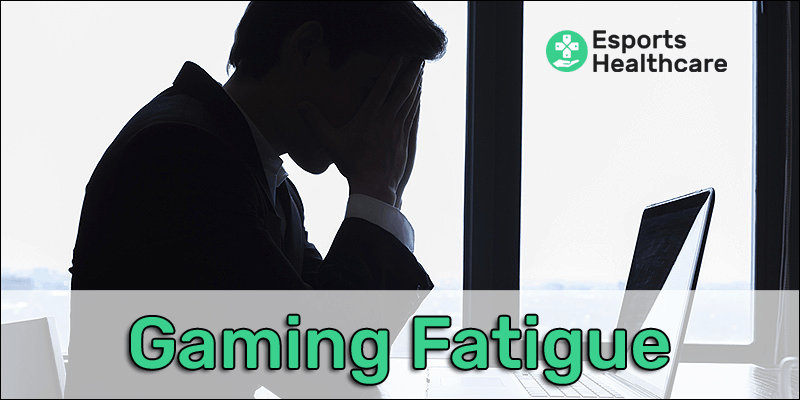
Key points
Disclaimer
This information is for educational purposes only and is not intended to replace the advice of your doctor. Esports Healthcare disclaims any liability for the decisions you make based on this information.
The information contained on this website does not establish, nor does it imply, doctor-patient relationship. Esports Healthcare does not offer this information for diagnostic purposes. A diagnosis must not be assumed based on the information provided.
The incredible popularity of the video game industry is undeniable—from streaming online to competing in esports and all the careers involved in between. Unfortunately, along with the booming popularity comes the detriments—one of which is called gaming fatigue or gaming burnout.
Grinding for success
We’re all grinding to make a career in the gaming industry because we share a passion for video games. And, within this industry, we all want to find our place—whether it’s streaming, competing, casting, running an organization, organizing events, and so on.
Fortunately, there’s no shortage of opportunities. Each of us can find our own way to be successful in the gaming community, and there’s certainly room for all of us.
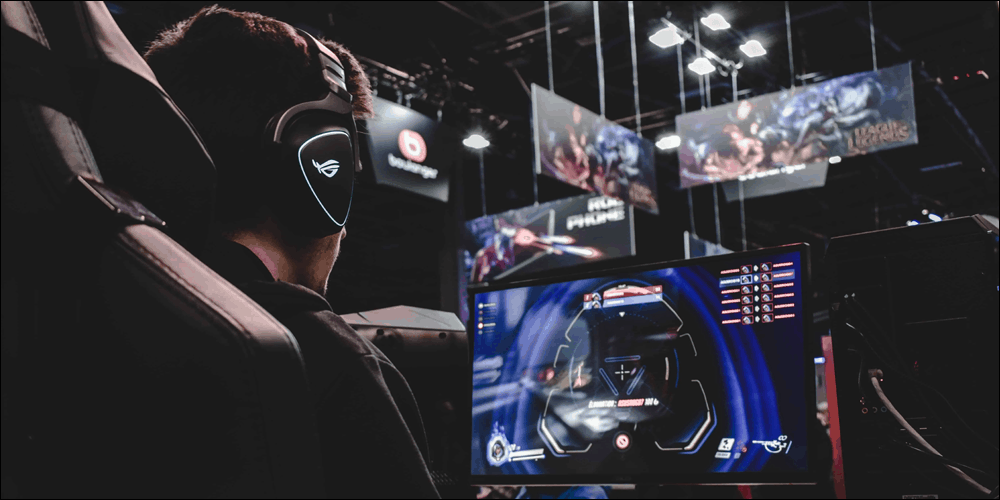
However, many of us are working overtime to achieve our success with the fear that someone else may be working harder to take our place. Alternatively, some of us may feel pressure from employers, managers, or other superiors to continue to perform.
Ultimately, this may lead to gaming fatigue, also commonly known as gaming burnout. Gaming fatigue is more than just feeling tired, and it has both a physical and mental-emotional manifestation of the phenomenon of burnout.
What is gaming fatigue or gaming burnout?
The word burnout was originally described in the 1970s by a psychologist named Herbert Freudenberger in reference to professional employees (e.g., doctors and nurses). He used this term to describe how these professionals would feel “burned out”—specifically describing them as exhausted, listless, and unable to cope.
In today’s workforce, burnout is used to describe anyone who has become overworked and under-rested, along with other physical, social, and emotional factors.
So often, this occurs in the gaming community. We see it happen to streamers, professional gamers in esports, amateur gamers aspiring to compete, and even in tournament organizers, casters, and other professionals who are involved in these processes.
How does it happen?
There are many factors that play into gaming fatigue or gaming burnout, but they all appear to be related to increased levels of physical and emotional stress and limited rest.
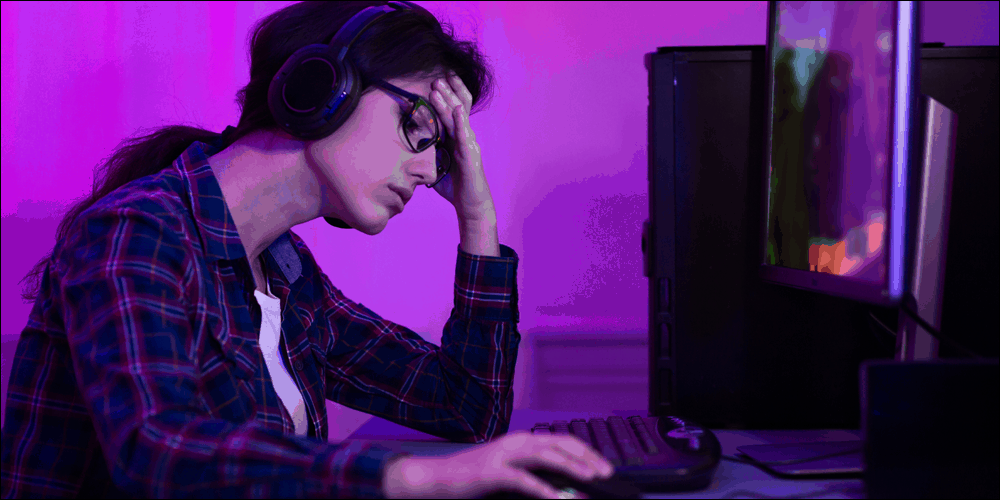
In the gaming community, it appears much of this stress is fueled by pressure to do more—to stream more hours per day and more days per week, to grind your game until you get your chance at the professional level, and so on.
This pressure is not necessarily self-induced. Esports organizations, tournament organizers, or other employers or managers may be the source of stress for the expectation to perform.
This extreme commitment to “the grind” may lead to neglect or disinterest in other aspects of your life. And, undoubtedly, the most detrimental aspect of your life affected by this neglect is sleep. Without sleep, fatigue will set in, leading to many physical and psychological symptoms.
Symptoms of gaming fatigue or gaming burnout
Mental or physical exhaustion
If you’re affected by gaming fatigue or burnout, you will most likely experience symptoms of exhaustion which include feeling tired, lethargic, irritable, and emotionally drained. You may also experience physical ailments such as headache or feeling physically weak.
Disinterest in previously enjoyable activities
A common symptom of gaming fatigue is losing interest in the activity you previously enjoyed. For streamers and competitors, this is usually losing interest in your primary game or in playing video games, in general.
For streamers, it may also include disinterest in the interaction with viewers or even feeling anxious about this interaction. Regardless, the things you previously enjoyed are no longer interesting, and you may begin second guessing your grind in the gaming industry.
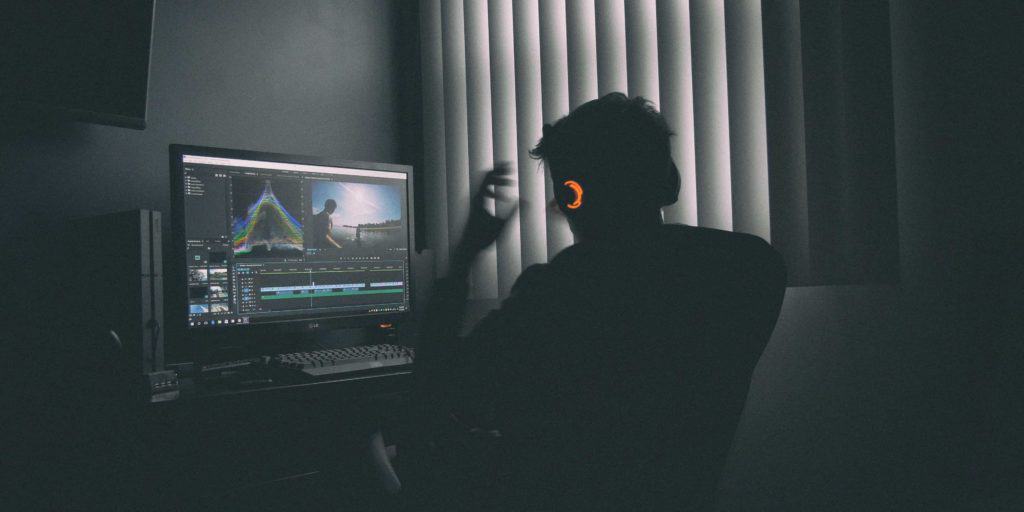
Reduced performance
Reduced performance may occur due to both physical and emotional factors. Physically, you may be experiencing exhaustion which will reduce your energy and other performance metrics. Emotionally, you may be disinterested in your gameplay—finding it difficult to concentrate—which will certainly impede your efforts.
How to prevent gaming fatigue or gaming burnout
To prevent gaming fatigue, you need to REST! It really does come down to sufficient rest. However, there’s many moving parts to this simple notion.
Most importantly, sleep!
To read more about sleep and its importance to your overall health, check out our page dedicated to the topic of sleep. The importance of sufficient sleep cannot be understated. The reality is: without sufficient sleep, every aspect of your health and wellness suffers.
Insufficient sleep will suppress your immune system, decrease your physical ability (e.g., reaction time, nerve conduction, muscle contractile speed and strength), decrease your focus, suppress your memory, inhibit ability to learn, and so much more.
Specifically relating to gaming fatigue, your body will not appropriately cleanse the toxic byproducts of physiological processes during wakefulness, both in your blood and your organ systems—one of which is your brain.
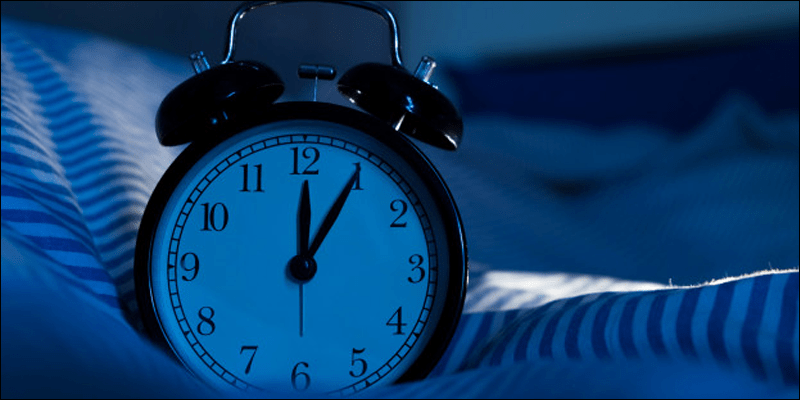
Ultimately, every part of your body suffers when you don’t sleep enough. Therefore, it is absolutely imperative that you aim to maintain a regular sleep schedule. There are four pillars of sleep which are all equally necessary, and these are discussed in much greater detail on our sleep page.
Regularity
Aim to fall asleep and wake up around the same times each day; social jet lag is when you go to sleep or wake up at variable times—similar to traveling out of time zones, except without the travel.
Continuity
Of course, it’s best to sleep through the night rather than have interrupted sleep; this may require upgrading your sleep hygiene, a term you can learn more about here.
Duration
Eight hours of sleep has been the classic recommendation for sleep duration, and it is certainly an appropriate one; we also recommend trying to sleep 8 hours per night.
Quality
In addition to sleeping 8 hours, uninterrupted, it’s important that you sleep through all the stages of sleep, including both REM and non-REM deep sleep; this would require a sleep study to confirm, but sleep quality is still important.
Take breaks during streaming or gaming
In a previous post, we discussed how taking breaks can help prevent injuries or ailments that may result from playing video games. Those breaks are important, but the breaks we’re talking about here are more about separating yourself from the problem.
To aid in preventing gaming fatigue, you’ll need to step away from your stream or your video game of choice and do something else—anything else. Find something you enjoy, and schedule time away from the grind. Even more importantly, schedule time away from the place you work.
Do you stream from or play video games primarily at home? Schedule time outside of the house each week to do something different. Physically stepping away from it all will help your mind and your body cope with the stress of excessive work.
Taking breaks includes regular separation (e.g., weekly scheduled downtime) and vacation-style separation from your craft. Streaming and gaming is either your job, or you’d like it to be your job. Therefore, you need to treat it as such, and take a vacation to unwind and relax.
Mental health
Esports Healthcare now has mental health professionals on staff. Check our our mental health page for our resources, and be sure to check back for updates as we continue to publish new content.
Whether or not you choose our staff, we recommend speaking with a mental health professional, both as a preventative and a treatment measure. Regular visits with a mental health professional are equally as important as regular wellness visits to your primary care physician or your dentist.
If you would like to schedule a telehealth visit with one of our mental health providers, click here.
Take care of your mind; there is nothing wrong with seeing a mental health professional!
